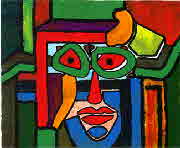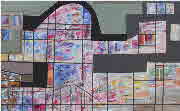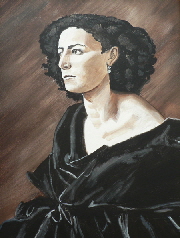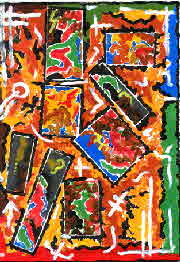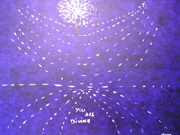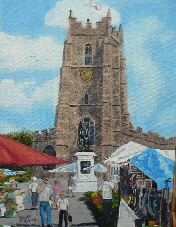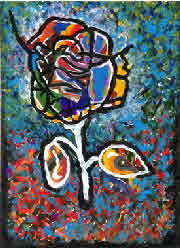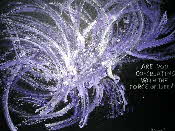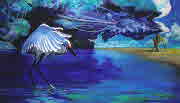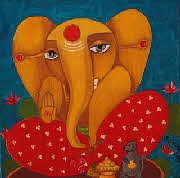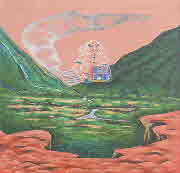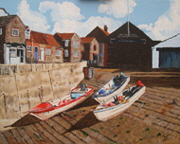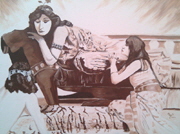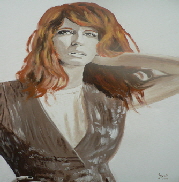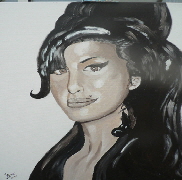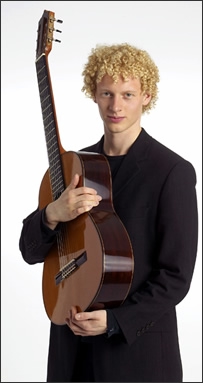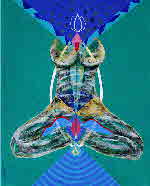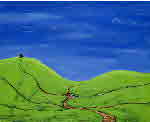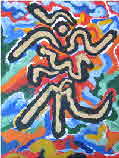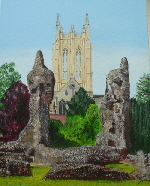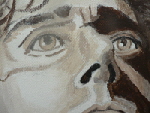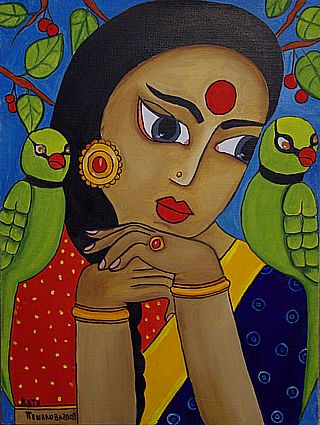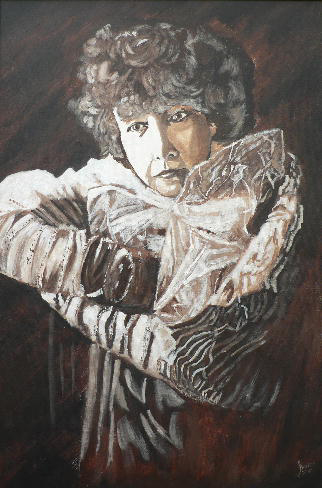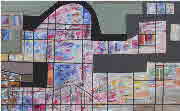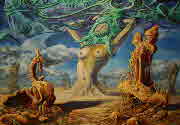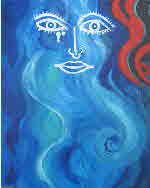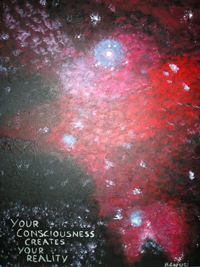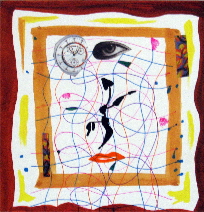|
Q: Why did you choose to pick guitar as an instrument of expression?
A: It’s the instrument that chooses persons. That’s how it all started I picked up the guitar when I was 10 years and went on with it. My first public concert was at the age of 13.
Q. Your dad plays the flute, was there a conscious effort to stay away from modern music trends and follow the genre of classical music?
A: I have heard by dad play classical flute when I was very young. It was natural for me to follow the classical suite early influences helped me as well.
Q. What was your inspiration when you were growing up?
A: Nature has been a great influence in my life. The various moods of the seasons and the silence– they all help to reinvigorate the mind from within, so, the artist expression comes as a natural spontaneous flow with a lot of inspiration. It’s the music born from silence. Was also influenced musically by Bach, Beethoven, Mozart, Debussy and others, but its Debussy’s music that really captivated and moved me from within. There were spiritual influences in my life and I had a natural inclination towards Eastern Mysticism and Spirituality- I read ‘Autobiography of a Yogi’ by Paramhansa Yogananda , a book that really transformed my life. Spiritual journey started when I was 11 years and all that I try to create musically is a reflection of what I conceived from within, its all an expression of consciousness.
Q. How did your relationship with Swami Ramakrishnananda help you evolve as a musician?
A: I met him in NY and he told me do it, to create a music that has a new consciousness of the east and the west, the subtle musical verities to touch the human chords all through. I have dedicated my composition ‘Ananda’ (From the album: When the Winds Dissolve) to him. It’s all born from bliss and to bliss it goes, i.e. the Ananda.
Q. What are the musical threads that link your composition ‘Song to the Mother’ with ‘Rasa-Lila’ and ‘Ananda’?
A: I am aware that Indian Classical music has a ‘gharana’ or tradition and one cannot learn it overnight. When I listen to Indian music I try to ‘feel it’ than to ‘learn it’. So, the sound is what I am after and as we know that the sound is a spiritual thing, whereas theory is like religion. But at the same time, it must be said, that its necessary to have a framework and a structure – these compositions are linked spiritually with each other and they also have a structure which is what I conceived while composing.
Q. As a young man you have received the laurels as a classical guitarist- what next as a musician and what are your forthcoming projects?
A: I always wanted to explore with my music and there’s to end to it- I want to continue with my projects currently Avtar Project which will involve two other musician from India and also myself and my wife Laura on guitar as well. It’s an interesting project to delve on, will be back in December 2011 at Kolkata for this. In April, I will be composing for the Los Angeles Guitar Quartet and later in September this year I have an extensive tour covering US, Canada and some South American countries including Brazil.
Q. Finally, this is your second trip to Kolkata- how did you like it?
A: Well, I knew before I landed that the city loves its music, art and culture. I went to Dakhineswar Temple when I came on my first trip to the city- the people are lovely, they are friendly and learned. I have made friends here, will be back again soon. All the Best
Interview with Johannes Möller taken by Joy Roy Choudhury, ArtVantage, UK-India
|

